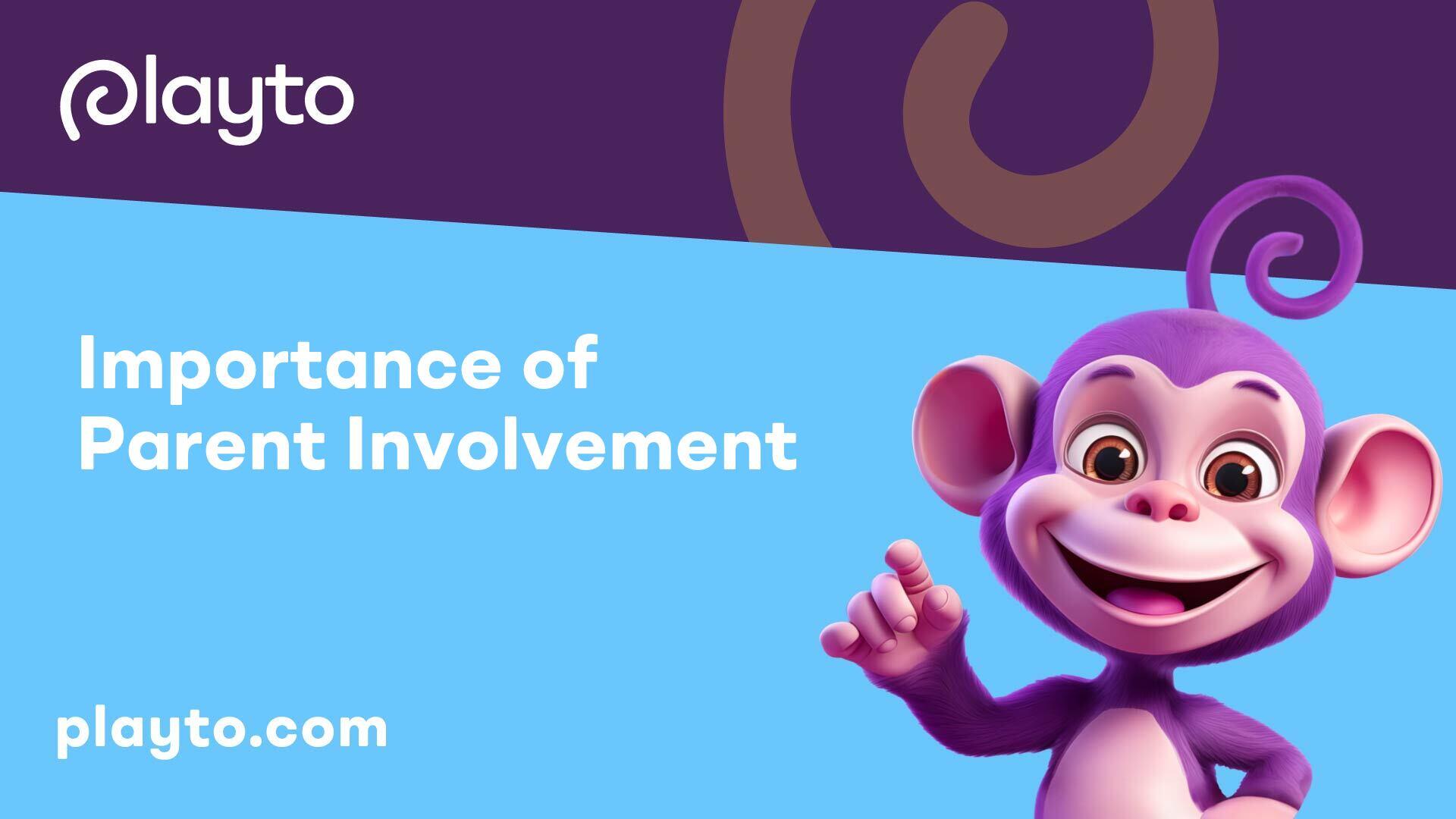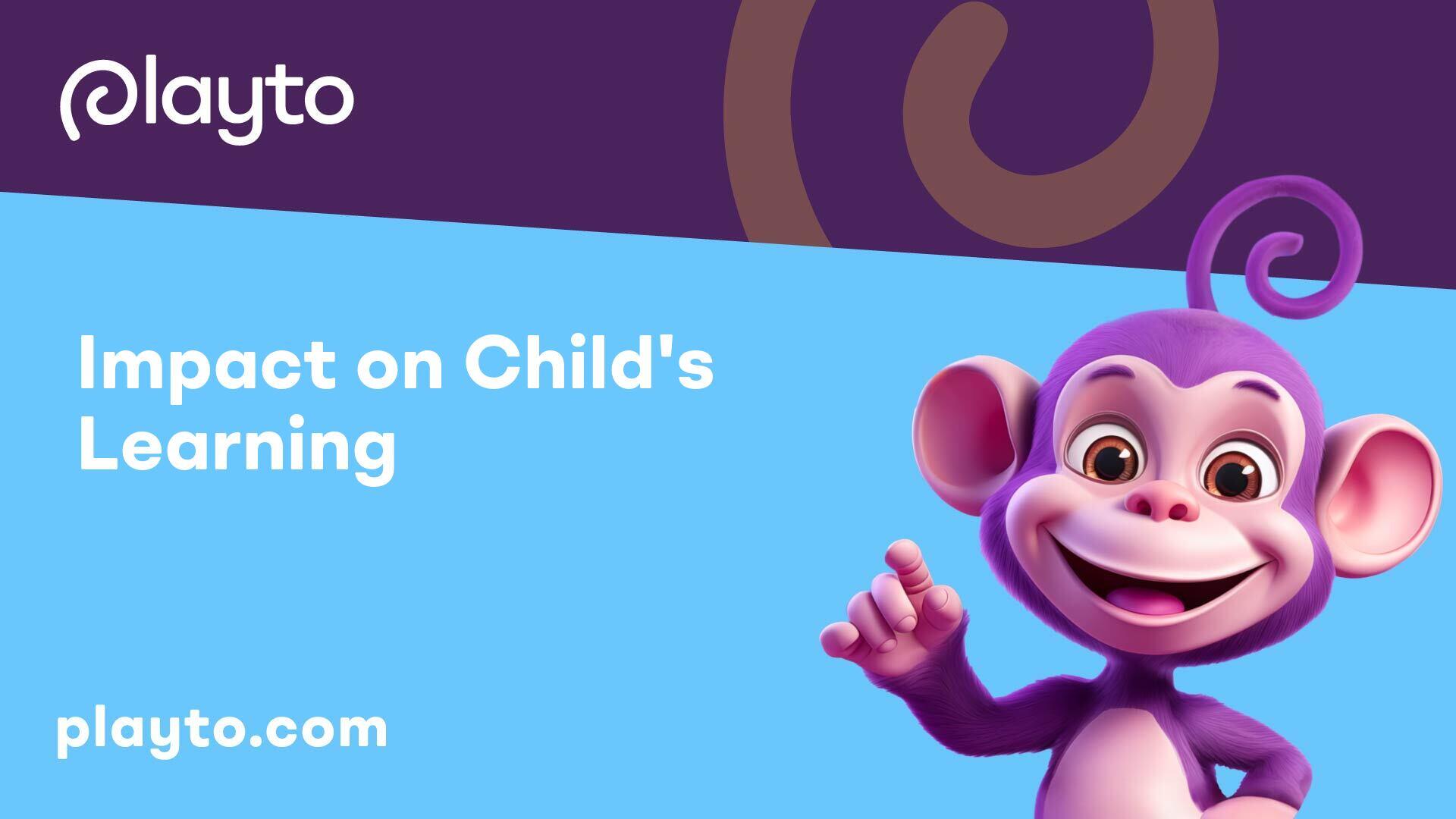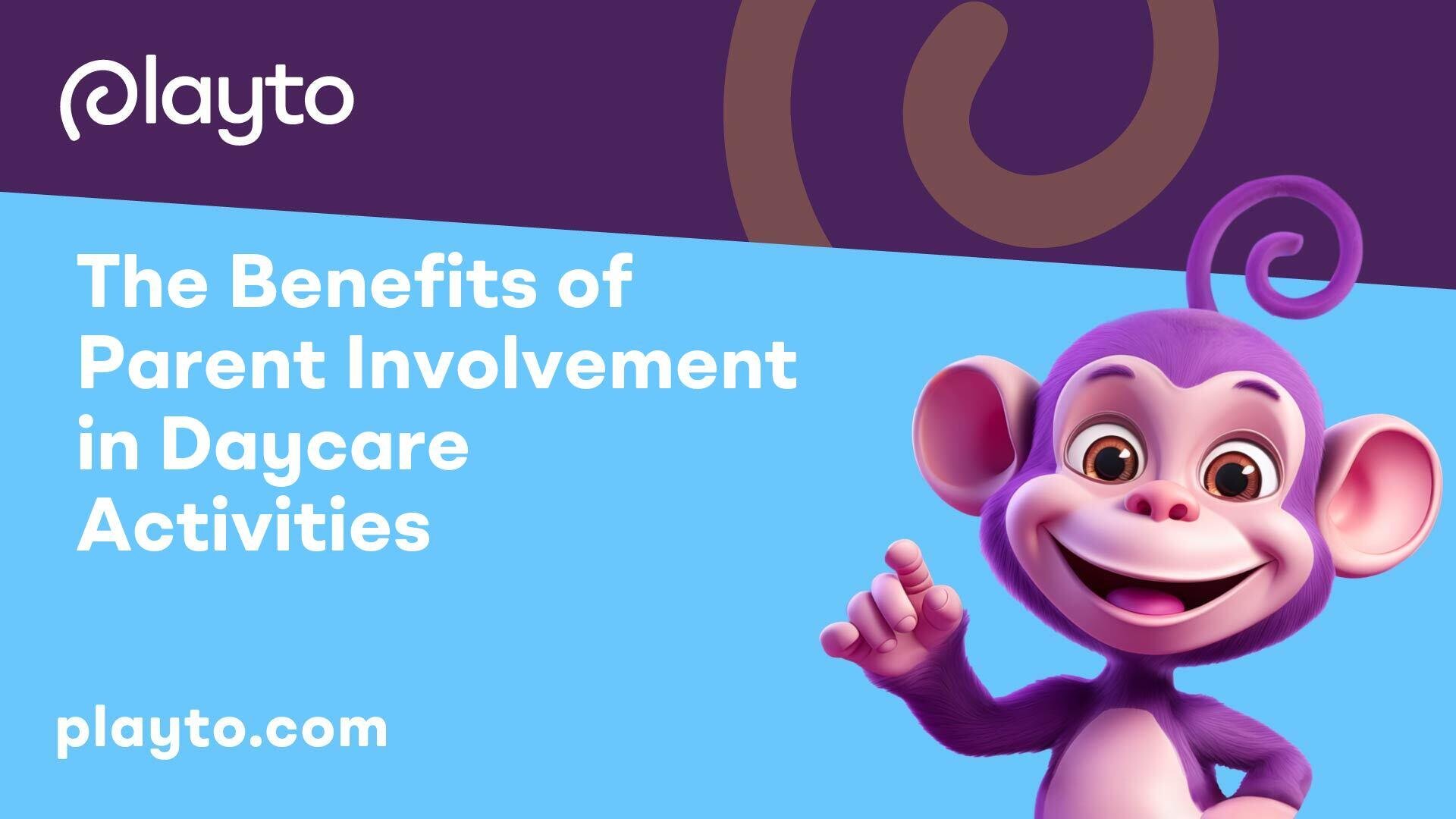
Importance of Parent Involvement
In the realm of daycare activities, the significance of parent involvement cannot be overstated. It plays a pivotal role in not only strengthening child development but also in fostering positive relationships that have a lasting impact.
Strengthening Child Development
When parents actively engage in daycare activities, the overall development of their child is profoundly enhanced. Collaborative efforts between educators and families provide a robust foundation for effective communication regarding the child's learning journey. This collaboration nurtures the child's social, emotional, cognitive, and academic growth, setting them on a path towards comprehensive development.
Positive Relationships Impact
The development of positive relationships between educators, parents, and the child is paramount. As stated by resourcesforearlylearning.org, when a child witnesses a harmonious relationship unfolding between educators and family, it signifies to the child that the important figures in their life are working together and trust each other. This observation encourages the child to reciprocate the same trust and cooperation, fostering a sense of security and confidence in their learning environment.
It is evident that the contributions of parents in daycare activities go beyond mere involvement; they are instrumental in shaping the child's holistic growth and building a nurturing environment that supports and encourages the child's development. This collaborative effort between parents and educators is foundational in laying the groundwork for a child's successful educational journey.

Benefits of Parent Engagement
Understanding the pivotal role parental involvement plays in a child's early education is crucial. Not only does it impact their academic performance, but it also significantly influences their social and emotional development.
Academic Performance
A 2019 review conducted by the American Psychological Association, analyzing 448 independent studies on parent involvement, found that when parents actively participate in their children's schooling, students typically exhibit higher academic achievement, increased school engagement, and enhanced motivation. This active participation fosters a collaborative learning environment where children feel supported and encouraged to excel academically.
By being involved in daycare activities, parents can reinforce the importance of education to their children, setting the foundation for a lifelong love of learning. Additionally, parental engagement in educational tasks at home can complement the daycare curriculum, further boosting the child's cognitive development and knowledge retention.
Social & Emotional Development
Active parental participation in preschool education has been shown to have multifaceted benefits. According to Happy Bunnies, it not only reduces behavioral problems and disciplinary concerns but also nurtures a stronger parent-child connection. This connection forms the basis for a secure attachment between the child and the parent, fostering a supportive relationship that positively impacts the child's overall well-being.
Moreover, children whose parents are actively engaged in their education tend to exhibit improved social skills and emotional intelligence. The partnership between parents and daycare providers creates a cohesive support system for children, enabling them to navigate social interactions and develop resilience in the face of challenges.
Parent participation in daycare activities not only enhances the child's academic journey but also lays a solid foundation for their social and emotional growth. By fostering a collaborative environment between parents, educators, and children, daycare settings can maximize the potential for holistic child development.

Impact on Child's Learning
When it comes to the educational journey of children in daycare, the involvement of parents plays a crucial role in shaping their learning experiences. Active parental participation not only enhances the child's learning but also contributes to decreasing behavioral concerns, fostering a positive educational environment.
Improved Learning Experience
One of the significant benefits of parent involvement in daycare activities is the enhancement of the child's learning experience. When parents actively engage in their child's educational journey, it creates a supportive and nurturing environment that reinforces the importance of learning. According to Education Week, more parental involvement leads to improved academic outcomes. Children are more likely to excel academically when they have the support and encouragement of their parents throughout their educational endeavors.
Decreased Behavioral Concerns
Parental participation in preschool education has been linked to a reduction in behavioral problems and disciplinary concerns among children. By actively involving parents in daycare activities, children are more likely to exhibit positive behavior and social interactions. This decrease in behavioral concerns can create a more harmonious learning environment and contribute to the overall well-being of the child.
Moreover, the positive relationship that develops between educators and families when parents are actively engaged in daycare activities can have a profound impact on a child's behavior. As stated by Happy Bunnies, active parental participation facilitates the development of a stronger parent-child connection, which in turn positively influences the overall parent-child relationship.
By actively participating in daycare activities, parents not only support their child's academic development but also contribute to creating a positive and conducive learning environment that nurtures not just the child's educational journey but their holistic growth as well.
Effects on Parent-Child Relationship
Understanding the significant impact of parent involvement in daycare activities goes beyond academic and developmental achievements. The bond between a parent and child plays a crucial role in shaping the child's overall well-being, including their emotional and social development. Let's explore how parent involvement can lead to a strengthened bond and enhance the parent-child connection.
Strengthened Bond
Research highlighted by NCBI emphasizes the positive correlation between parent-child attachment and adolescents' mental health. A strong bond between a parent and child fosters feelings of security, trust, and emotional support. When parents actively engage in their child's daycare experiences, they reinforce this bond by demonstrating care, interest, and involvement in their child's daily life.
Through shared activities, conversations, and quality time spent together in a daycare setting, parents have the opportunity to strengthen the emotional connection with their child. This bond not only promotes a sense of belonging and security but also lays the foundation for healthy communication and mutual understanding between the parent and child.
Enhancing Parent-Child Connection
The quality of parent-child attachment has a significant influence on a child's mental health and emotional well-being. By actively participating in daycare activities, parents create moments that enhance the parent-child connection. Engaging in play, learning, and exploration together fosters shared experiences, builds memories, and cultivates a sense of togetherness.
Moreover, when parents are involved in their child's daycare routines, they gain valuable insights into their child's interests, strengths, and challenges. This heightened awareness allows parents to provide tailored support, encouragement, and guidance, thus deepening the parent-child connection and fostering a sense of emotional closeness.
By actively participating in daycare activities, parents not only contribute to their child's academic and social growth but also nurture a strong and nurturing relationship that forms the cornerstone of the child's emotional development and overall well-being. This strengthened bond and enhanced parent-child connection lay a solid foundation for the child's future success and happiness.
Parental Involvement in Early Education
For parents, actively engaging in their child's early education plays a significant role in fostering their academic success, social development, and emotional growth. Research has shown that such involvement leads to improved academic performance, enhanced social and emotional skills, and a positive learning experience for children during their preschool and kindergarten years.
Academic Success
Parental involvement in early education has a direct impact on a child's academic success. Children whose parents are actively engaged in their education tend to achieve higher grades, have better attendance records, and exhibit increased motivation to learn. This involvement also sets the foundation for a positive relationship between families and schools, creating a supportive environment for the child's learning journey.
Social & Emotional Skills Development
In addition to academic achievements, parental involvement in early education enhances a child's social and emotional development. By being actively engaged in their child's educational journey, parents contribute to the development of social skills such as communication, teamwork, and empathy. Furthermore, this involvement fosters emotional intelligence, helping children navigate their feelings and interactions with others effectively.
Research highlighted in the Chicago Longitudinal Study demonstrates that early parent involvement predicts academic success in kindergarten and subsequent grades, showcasing the enduring impact of parental engagement on a child's educational outcomes. The study further reveals that the cyclic process of early parent involvement influencing academic achievement and student motivation continues throughout elementary school, significantly influencing a child's long-term educational trajectory.
By actively participating in their child's early education, parents contribute to their academic persistence, achievement, and overall well-being. This commitment to involvement not only promotes academic success but also nurtures the social and emotional skills necessary for children to thrive in both their educational and personal lives.
Role in Academic Achievement
Active parent involvement in a child's education plays a significant role in shaping their academic performance, motivation, and attendance. Research and studies have shown that children whose parents are actively engaged in their educational journey tend to excel academically, display higher motivation levels, and exhibit better attendance at daycare. This section will delve into how parental involvement influences grades, motivation, and attendance in daycare settings.
Influence on Grades
The positive correlation between parent involvement and academic achievement cannot be overstated. As per a 2019 review by the American Psychological Association, increased parental participation in a child's schooling is associated with higher academic achievement. When parents actively participate in their children's education, students are more likely to achieve higher grades and demonstrate enhanced school engagement [1].
By being actively involved in daycare activities, parents create a supportive learning environment that fosters academic success. Through collaborative efforts between parents and educators, children are better equipped to excel academically, leading to improved grades and a deeper understanding of the educational material.
Higher Motivation & Better Attendance
Parental involvement not only impacts academic achievement but also influences student motivation and attendance. Early parent engagement has been shown to have a direct influence on a child's motivation to learn. This motivation, which stems from the supportive environment created by involved parents, drives students to actively participate in educational activities and strive for excellence in their academic pursuits [4].
Additionally, parental participation in daycare activities is linked to improved attendance records. When parents take an active role in their children's learning experiences, students are more likely to feel supported and motivated to attend daycare regularly. Regular attendance is vital for consistent learning and growth, ensuring that children benefit fully from the educational opportunities provided at daycare.
Ensuring parents are engaged in daycare activities not only enhances academic performance but also fosters a positive environment that promotes children's motivation to learn and commitment to regular attendance. By actively participating in their child's daycare journey, parents contribute significantly to their academic success and overall educational development.
Long-Term Educational Impact
When discussing the benefits of parent involvement in daycare activities, it is crucial to consider the long-term educational impact that this engagement can have on a child's academic journey. Parental involvement in daycare not only nurtures immediate academic success but also sets the stage for a lasting journey towards success.
Journey Towards Success
Research, such as the findings from the NCBI, illuminates the profound influence of early parent involvement on a child's educational trajectory. Early engagement directly impacts kindergarten achievement, leading to enhanced motivation in first-grade students. This cycle of involvement extends throughout elementary school, contributing significantly to 6th-grade achievement. The interconnectedness of parent involvement and academic progress underscores the pivotal role parents play in laying the groundwork for their child's educational success.
Academic Persistence & Achievement
The persistent effect of early parent involvement, as illustrated in the Chicago Longitudinal Study (NCBI), highlights its enduring impact on a child's academic journey. Early parental engagement not only predicts kindergarten achievement but also sets the tone for ongoing involvement in first-third grade and beyond. This sustained commitment from parents fosters a supportive academic environment that nurtures a child's learning and development over time.
Moreover, the indirect pathways identified in the study emphasize the multifaceted nature of parent involvement. From motivation as an intermediary variable to subsequent parent engagement and academic achievement, the ripple effects of early parent involvement are profound. By actively participating in their child's education, parents contribute to a cascade of influences that shape their child's academic trajectory and foster a culture of continuous learning and growth.
In light of these insights, it becomes clear that parent involvement in daycare activities is not merely a momentary interaction but a transformative journey towards academic persistence, achievement, and lifelong learning. Encouraging and sustaining parental engagement in daycare settings is essential for nurturing a child's educational resilience and fostering a supportive ecosystem that empowers children to thrive academically.
Encouraging Involvement in Daycare
In the realm of daycare, promoting parental participation benefits both the child and the overall daycare community. It fosters a collaborative environment where parents actively engage in their child's learning journey. Encouraging involvement not only enhances the child's experience but also enriches the daycare community as a whole by creating a supportive environment.
Parental Participation Benefits
Research indicates that early parent involvement directly influences academic achievement, subsequently affecting student motivation as they progress through their schooling journey [4]. According to a 2019 review of 448 studies, increased parental involvement correlates with higher academic achievement, improved school engagement, and heightened motivation among students.
In the daycare setting, involving parents in activities contributes to a more positive experience for children, especially in addressing issues like separation anxiety. Collaborative efforts between parents and daycare providers help identify challenges, devise solutions, and ease the child's adjustment to new environments. Furthermore, parental engagement establishes effective communication channels between teachers and parents, ensuring a holistic approach to child development.
Creating a Supportive Environment
Encouraging parental involvement in daycare cultivates a supportive environment that nurtures not only children's growth but also parental confidence in their parenting skills. By engaging with teachers and actively participating in school activities, parents gain exposure to new concepts and strategies related to cooperation, problem-solving, and behavioral management. This exposure, in turn, bolsters their confidence in effectively addressing parenting challenges.
When parents feel empowered and engaged in their child's daycare experience, they form a stronger connection with the daycare community. This collaborative relationship between parents and daycare providers creates a sense of belonging and mutual support, promoting a nurturing environment where children can thrive and parents feel valued and involved in their child's developmental milestones.
Encouraging and facilitating parental involvement in daycare activities reaps extensive benefits for both children and parents, fostering a harmonious educational journey characterized by active engagement, effective communication, and a shared commitment to nurturing each child's potential.
References
[2]: https://www.ncbi.nlm.nih.gov/pmc/articles/PMC10768540/
[3]: https://www.happybunnies.com/the-benefits-of-parent-involvement-in-early-childhood-education/
[4]: https://www.ncbi.nlm.nih.gov/pmc/articles/PMC5115270/
[5]: https://littletikescommercial.com/blog/how-to-encourage-involvement-in-your-daycare-community/
